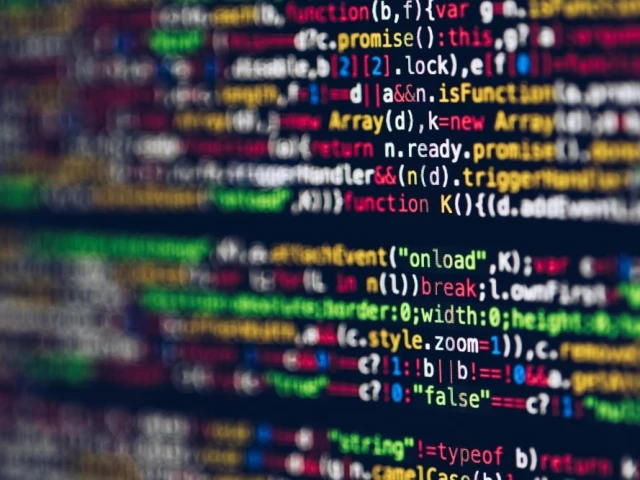Scientists develop AI that learns without human labels
Scientists unveil Torque Clustering, a breakthrough AI algorithm that detects patterns in data without human input

Researchers have unveiled a groundbreaking artificial intelligence algorithm, Torque Clustering, designed to identify patterns in data without human intervention. The breakthrough, detailed in a recent paper published in IEEE Transactions on Pattern Analysis and Machine Intelligence, could mark a significant step toward more autonomous AI systems.
Unlike traditional AI, which relies on supervised learning with pre-labeled datasets, Torque Clustering enables machines to analyze data independently—mimicking the way animals learn from their surroundings. The algorithm has demonstrated exceptional performance across diverse fields, including medicine, finance, and astronomy, by uncovering hidden structures within vast datasets.
Professor CT Lin from the University of Technology Sydney highlighted the limitations of existing AI models, noting that supervised learning requires extensive human input, which is costly and time-consuming. "Unsupervised learning, by contrast, works without labeled data, uncovering the inherent structures and patterns within datasets," he said.
The innovation is inspired by physics, specifically the concept of torque in gravitational interactions. First author Dr. Jie Yang explained that the method leverages mass and distance principles, allowing it to autonomously cluster data with high accuracy. Rigorous testing on 1,000 datasets showed that Torque Clustering achieved a 97.7% adjusted mutual information (AMI) score, far surpassing traditional unsupervised learning techniques.
Experts believe the algorithm could play a pivotal role in advancing general artificial intelligence, particularly in robotics and autonomous systems. With its open-source release, researchers worldwide can now explore its applications, setting the stage for a new era in AI development.























COMMENTS
Comments are moderated and generally will be posted if they are on-topic and not abusive.
For more information, please see our Comments FAQ